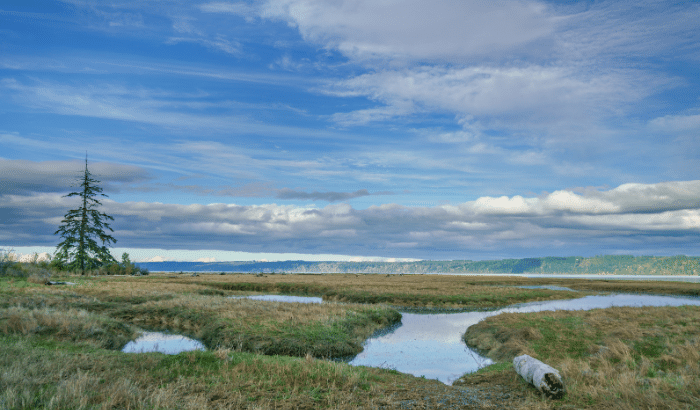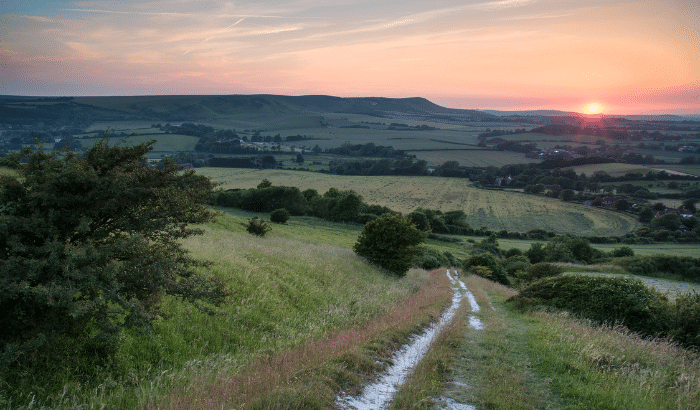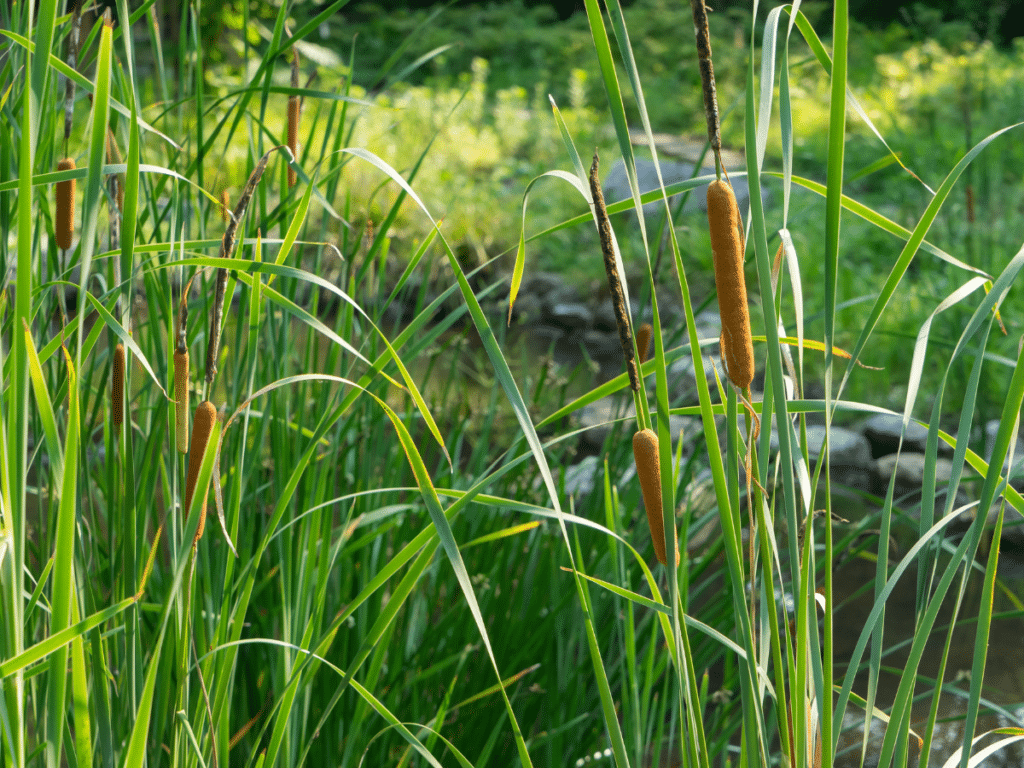In this blog, we’ll outline some of the resources available to help you on your wetland creation journey, including Land App’s bespoke array of tools for wetlands.
Finding appropriate Wetlands sites – with the right tools
The first step in creating your own wetlands is identifying the most suitable locations. Working with key partners across the land management and ecology sectors, we now have an array of tools at our disposal to assist in this process. Environment Agency LIDAR data, topography analysis, hydrology layers such as floodzones, satellite imagery, and OS MasterMap© data, all mean Land App enables invaluable insights into the landscape. Understanding the spatial layout of your land and where water naturally accumulates is crucial. This information helps you develop context and pinpoint ideal areas for wetland creation.

Benefits of Wetland Creation
The benefits of creating wetlands in the UK are manifold, as we explain here. Wetlands serve as vital habitats for a diverse range of flora and fauna, including many species that are threatened or endangered. By establishing wetlands on your land, you contribute to the conservation of biodiversity, climate, and flood risk mitigation, helping to alleviate the impacts of flooding on both rural and urban areas.
Funding routes
From a financial perspective, the creation of wetlands can also yield economic benefits. Natural capital markets are starting to offer opportunities for landowners to monetise the ecosystem services provided by wetlands, such as carbon sequestration, water purification, and flood mitigation. Biodiversity Net Gain (BNG) credits incentivise development projects to enhance biodiversity, providing a potential revenue stream. Water companies, too, are increasingly investing in projects that improve water quality, including the restoration and creation of wetlands. They often focus on nutrient neutrality initiatives, aiming to balance nutrient inputs and outputs on agricultural land, offering opportunities for wetland creation as a means of nutrient management. By partnering with these companies, landowners can secure funding for wetland projects while contributing to the broader goal of environmental stewardship.
The Countryside Stewardship Scheme provides financial support and advice to landowners interested in implementing environmentally friendly practices, including wetland creation. Our recent blog highlights how Stewardship can be a valuable ally in wetland creation, as well as the role wetlands can play in a holistic approach to farming.

Helpful Organisations
Whilst Land App’s tools are are great starting point, and valuable during the planning and monitoring phases – these projects are too big to undertake alone. There is a great variety of organisations that offer guidance and support to landowners and managers interested in creating wetlands. Catchment Sensitive Farming, Farming & Wildlife Advisory Group (FWAG), local farm facilitators, and your local Wildlife Trust are just a few examples of entities that provide expertise, resources, and funding opportunities to assist with wetland projects.
By collaborating with these organisations and leveraging the available tools and funding routes, you can work together to ensure maximum ecological benefits are brought about by your project, whilst simultaneously ensuring you get the best funding you can to ensure the sustained resilience of you and your land.
Not only does this contribute to the conservation of biodiversity and the mitigation of climate change, but it also offers tangible benefits for all those involved.

